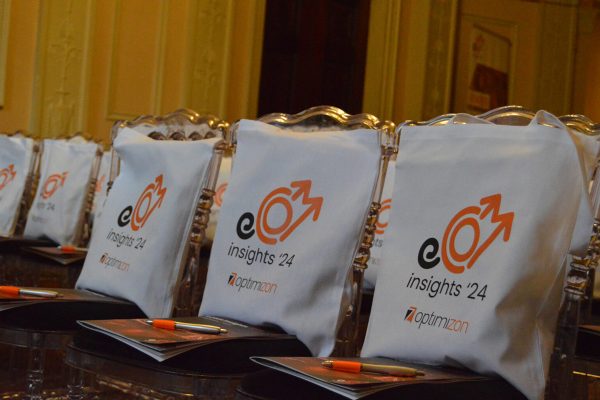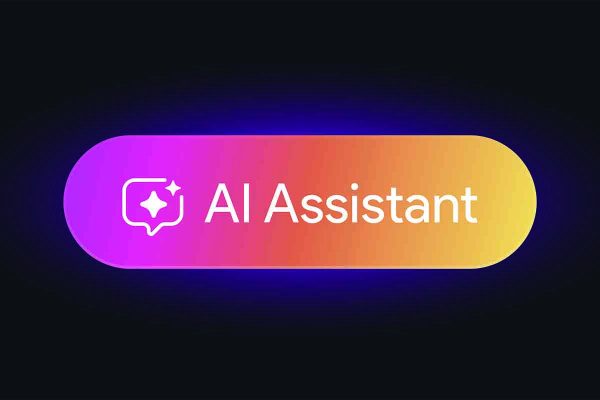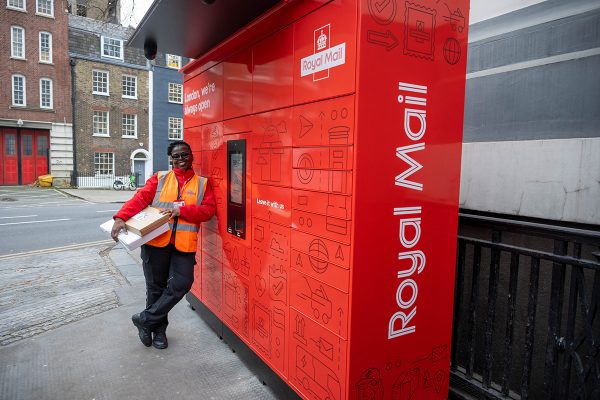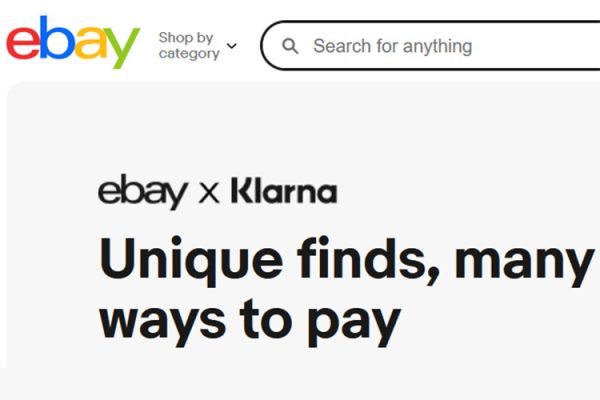“We’re at the ‘age of assistants‘,” is the term Aoife O’Brien of Google says the search engine coined to describe the proliferation of digital helpers in customers’ lives.
Speaking at ChannelAdvisor Connect 2019 today, Aoife O’Brien says that Google are seeing an increase in Google searches of digital assistants. We’re seeing a spike local searches, but no longer specifically including the term ‘near me’ but with the intent. Searches are as diverse as for things such as doorbells, says Aoife, best paper towels – customers want these items to be of the best value for them. However, she says that the digital world hasn’t quite replicated the same experience delivered in stores when shop assistants know customers’ names and have a relationship with them. Citing statistics, she says that 80% of UK adults shop online… but still 80% of sales occur in physical stores. We’re just beginning the ecommerce journey.
Machine learning to feel human
If you’re thinking about searching for a summer holiday, says Aoife, shoppers want that journey to be intuitive and real. We’re working on developing assistants experience to be natural, we are pairing our operations with machine learning which allow that predictive nature to come alive.
 Aoife cited the ‘blueberry muffins and chihuahua’ dilemma for image recognition – the breed looks almost identical to the muffins – pointed to the lack of human eye of sophistical machine learning technology. However, she says that the amazing thing about machine learning is it gets smarter and sharper and the mistakes it makes reduce every time so one day you might not get a dog instead of a muffin! Yet, she says that this level of differentiation is crucial as one mistake can lead to an abandoned basket.
Aoife cited the ‘blueberry muffins and chihuahua’ dilemma for image recognition – the breed looks almost identical to the muffins – pointed to the lack of human eye of sophistical machine learning technology. However, she says that the amazing thing about machine learning is it gets smarter and sharper and the mistakes it makes reduce every time so one day you might not get a dog instead of a muffin! Yet, she says that this level of differentiation is crucial as one mistake can lead to an abandoned basket.
Emphasising on the current achievement of Google using machine learning, she quotes Google translation. She says that it now can read signs in foreign countries which users can scan via their phone to decipher them.
For instance, says Aoife, another example is antiseptic mouthwash brand Listerine which taylors products ads based on customers’ data. They have examined the results by A/B testing to see whether shoppers respond better to the personalised ads rather than generic ones – the results saw shoppers not only staying longer on the Listerine’s website but also responding to those ads. Showing up to your customer with the right message, says Aoife, is the key path.
Ultimately, Google is building tools and services to partner with retailers and build better experiences for consumers.








